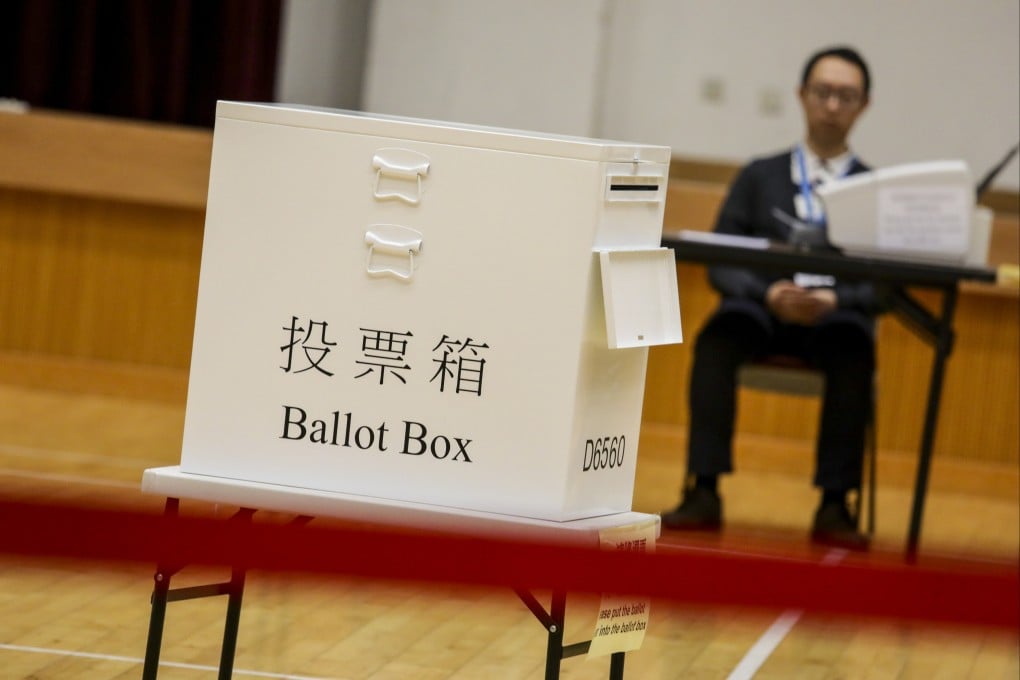Advertisement
First Hong Kong district council election under new system set for December 10
- Political parties signal intent to field candidates, but say larger constituencies will put pressure on finances
- Current affairs commentator predicts candidates with backing of party machines will have advantage over independents
Reading Time:3 minutes
Why you can trust SCMP
1

Hong Kong’s first district council election in the wake of major changes to the system will be held on December 10, and the government has appealed to “patriotic” candidates to run for office.
Political parties, including the Democratic Party, the city’s largest opposition group, on Monday said they were considering fielding candidates for the municipal advisory bodies, but some said campaign funding could be a major obstacle because constituencies had become larger as part of the changes.
They were speaking after the election date was gazetted, 4½ months before polling day.
Advertisement
The announcement came weeks after legislation was passed to overhaul the district council election process.

Chief Executive John Lee Ka-chiu has said the changes were designed to “depoliticise” district councils and stop anti-China troublemakers and separatists from manipulating them as they did in 2019, when Hong Kong was racked by anti-government protests.
Advertisement
Advertisement
Select Voice
Select Speed
1.00x